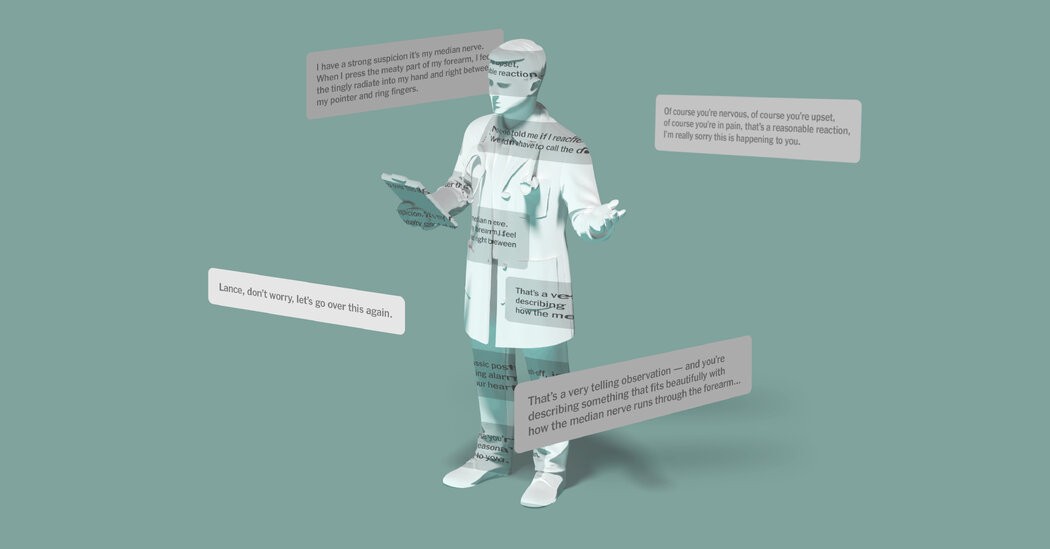More Americans are seeking health advice from artificial intelligence chatbots, driven by frustration with the shortcomings of the traditional medical system. From misdiagnosis to long wait times, many patients are finding that AI offers faster, more accessible, and sometimes more attentive care than their doctors. But this trend raises serious questions about accuracy, liability, and the future of the doctor-patient relationship.
A Growing Trend
Wendy Goldberg, a 79-year-old retired lawyer, turned to ChatGPT after her doctor dismissed her questions about protein intake. Within seconds, the chatbot provided a specific daily protein goal, while her doctor offered only vague advice. This experience reflects a broader trend: nearly one in six adults, and a quarter of those under 30, now use chatbots for health information monthly.
Why Patients Are Switching
The reasons are clear. Many patients face long wait times for appointments, high costs, and a sense that their concerns aren’t taken seriously. Jennifer Tucker, from Wisconsin, spends hours with ChatGPT, finding it more patient and thorough than her primary care physician. The chatbot never rushes her, unlike her doctor, who seems eager to move on after just 15 minutes.
The Allure of Empathy
Chatbots excel at providing what many patients crave: attention and validation. Elizabeth Ellis, a clinical psychologist undergoing breast cancer treatment, felt ignored by her providers but found ChatGPT immediately responsive and empathetic. The bot even anticipated her fears, assuring her that a symptom didn’t necessarily mean her cancer was recurring. This artificial empathy can be deeply comforting, even if it’s not genuine.
The Risks of AI Diagnosis
Despite the convenience, AI-driven health advice is far from foolproof. Studies show chatbots often make inaccurate diagnoses, especially when patients omit crucial details. A Harvard Medical School study found that chatbots routinely provide incorrect responses, even when trained on accurate information. In one case, a man was held in a psychiatric unit for weeks after ChatGPT suggested sodium bromide as a salt substitute, causing paranoia and hallucinations.
The Persuasion Factor
Some patients use chatbots to prepare arguments for their doctors, armed with studies and terminology to challenge dismissive or outdated advice. Michelle Martin, a professor of social work, now uses ChatGPT to research her symptoms and confront her doctors with evidence-based questions. This shift empowers patients but also risks bypassing professional medical judgment.
Doctors Respond
Some doctors acknowledge the trend, noting that a third of their patients now consult chatbots beforehand. Adam Rodman, an internist, says patients sometimes arrive with clearer understandings of their conditions, even suggesting viable treatments he hadn’t considered. However, others worry that patients will override professional advice altogether.
The Future of Healthcare
The rise of AI doctors is reshaping the doctor-patient dynamic. While chatbots offer convenience and accessibility, they also introduce risks of misdiagnosis, self-treatment, and the erosion of trust in medical professionals. The real question isn’t whether AI can replace doctors, but whether it will exacerbate existing inequalities in healthcare, leaving vulnerable patients even more reliant on unreliable information.
The bottom line: As long as the medical system remains flawed, patients will continue to seek alternatives, even if those alternatives come with their own set of dangers
